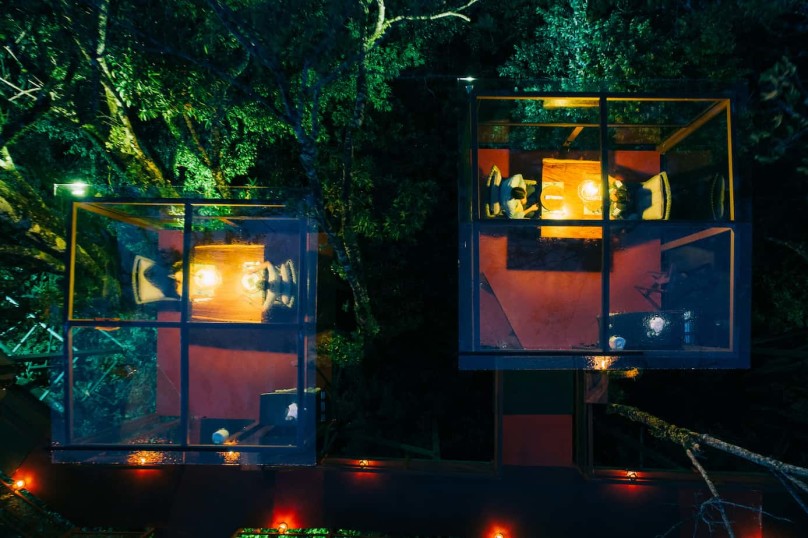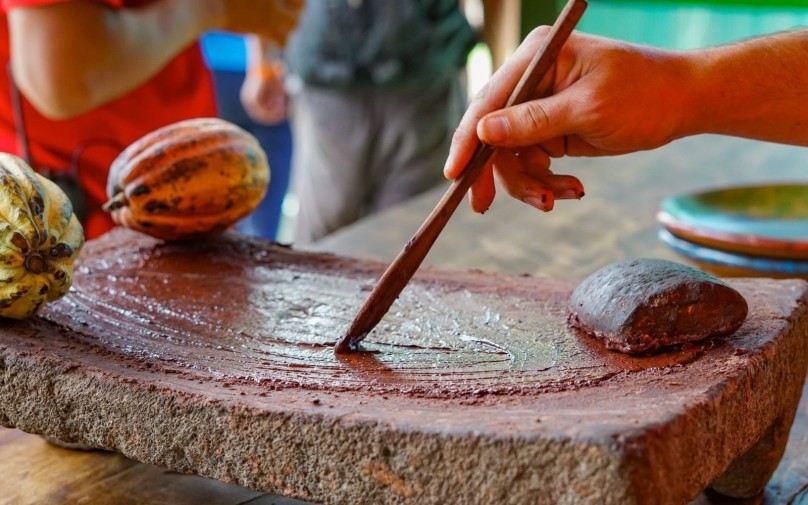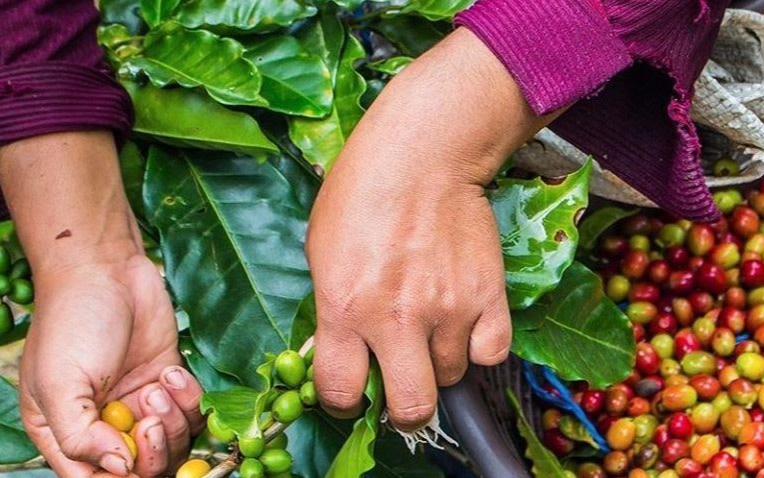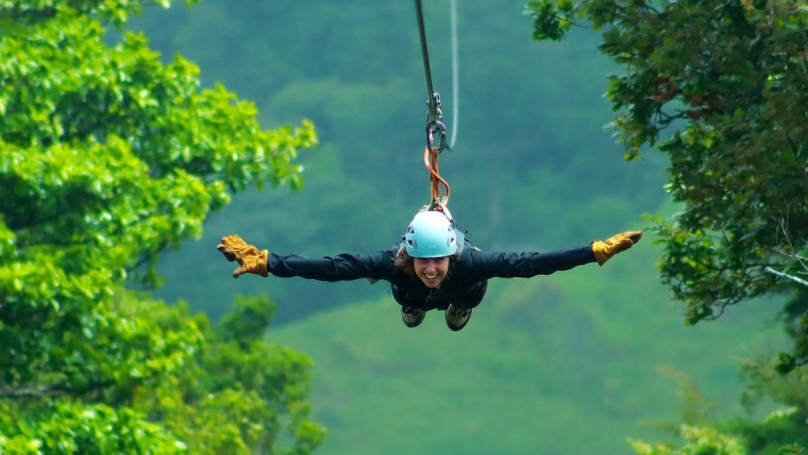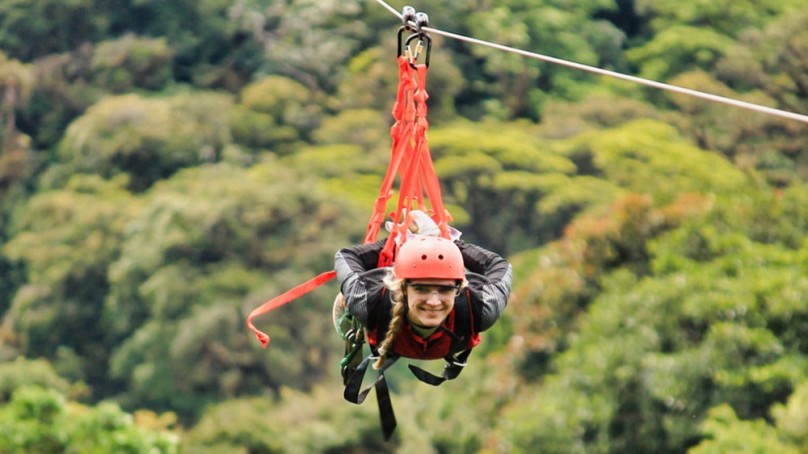
Nestled in the lush landscapes of Costa Rica, Buenos Aires in the Provincia de Alajuela is a hidden gem waiting to be discovered. This charming town offers a perfect blend of natural beauty and cultural richness, making it an ideal destination for both locals and tourists alike. Imagine starting your day with a refreshing visit to the stunning Blue Morpho Waterfall, where you can enjoy a horseback ride through scenic trails and unwind in the soothing hot springs. Whether you’re an adventure seeker or someone looking to relax, Buenos Aires has something special for everyone. Come and experience the magic of this enchanting town, where every moment is a new adventure.
Nestled in the lush landscapes of Costa Rica, Buenos Aires in the Provincia de Alajuela is a hidden gem waiting to be discovered. This charming town offers a perfect blend of natural beauty and cultural richness, making it an ideal destination for both locals and tourists alike. Imagine starting your day with a refreshing visit to the stunning Blue Morpho Waterfall, where you can enjoy a horseback ride through scenic trails and unwind in the soothing hot springs. Whether you’re an adventure seeker or someone looking to relax, Buenos Aires has something special for everyone. Come and experience the magic of this enchanting town, where every moment is a new adventure.



